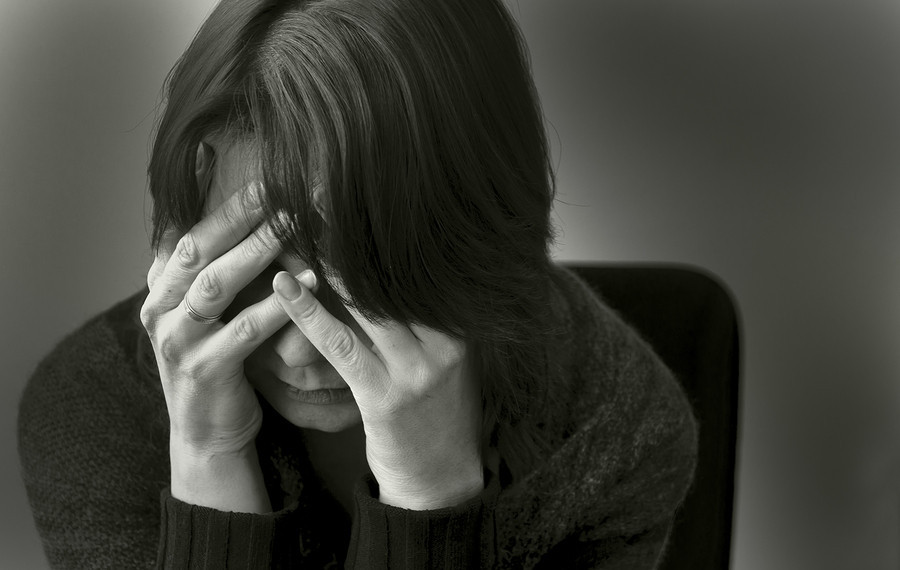Depression is encapsulated in the quote by Dorothy Rowe. In her view, “Depression is a prison where you are both the suffering prisoner and the cruel jailer.” It comes in many types: ranging from the severe form, of melancholia, to the disorder that has a seasonal pattern — the aptly named — seasonal affective disorder (SAD). It is a condition so bad it is also known as the silent killer. After all, not only is it a leading cause of disability worldwide and a contributor to the overall global burden of disease, globally, it also affects more than 264 million people of all ages.
Depression is more than a rough patch or random bout of sadness. Instead, it is the severe and persistent feeling of hopelessness, despair, loss, anger, guilt, low self-worth, and a reduced ability to enjoy life. Some describe it as “the worst day of their life, every single day.” (Charlotte ER) or a feeling of impending doom, while others say it is “a distance between you and the world. You cannot see any tangible future, so there is a feeling of hopelessness. It takes extra effort to do anything because the world is so far away, and emotions rarely make it through the void either, so you are numb and distant (and all too often using lots of energy to prevent people from realizing how you feel).” (Heather Eyre).
Regardless of how one sees it, the condition is not a joke. It can lead to a significant loss or weight gain, changes in sleep schedule, loss of energy, and concentration problems. It can also affect how we perceive things, our thoughts, mood, sense of well-being, and feelings and can stop us from deriving pleasure from things we once enjoyed. We are no longer interested in our former hobbies, pastimes, social activities, or sex.
At its worst, depression can lead to suicide. Close to 800 000 people die due to suicide every year. Suicide is the second leading cause of death in 15–29-year-olds. The deep despair and hopelessness that goes with depression can make suicide feel like the only way to escape the pain. According to health writer Therese Borchard, “Suicidal depression is like having to sneeze. The impulse can be so strong that you follow your body’s command without thinking much of it. You don’t think about your family or reasons not to do it. All you’re feeling is an incredible itch to sneeze, and you’re certain that anything short of sneezing wouldn’t relieve you of the sensation.”
The sad truth is that depression may start for no concrete reason, but it leaves a growing trail of problems in its wake. If you know anyone who displays suspected symptoms of depression, reach out to them genuinely. They might look fine on the outside, but on the inside, they aren’t.
Remember: a simple “I’m here for you” can help a lot.

